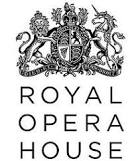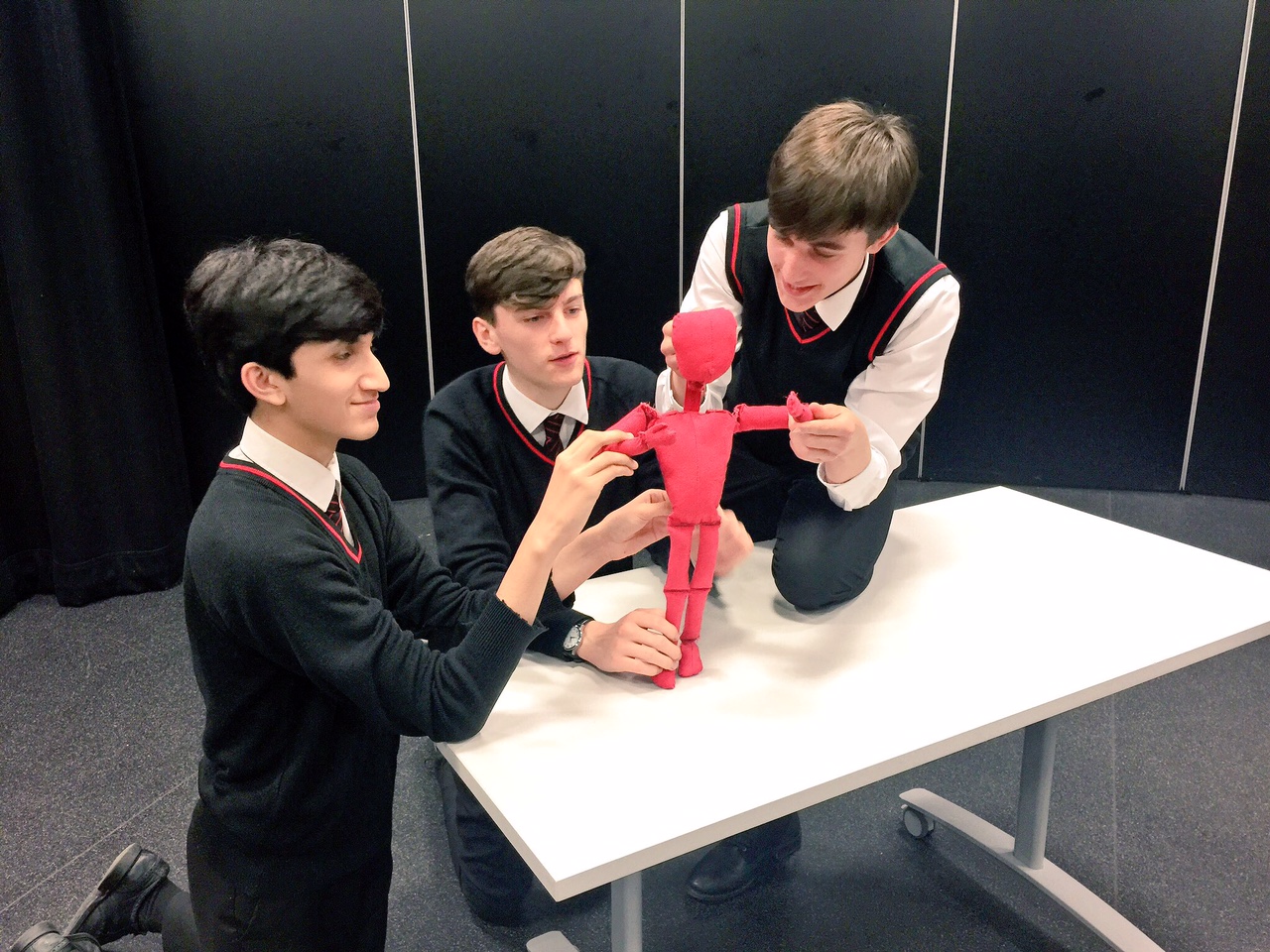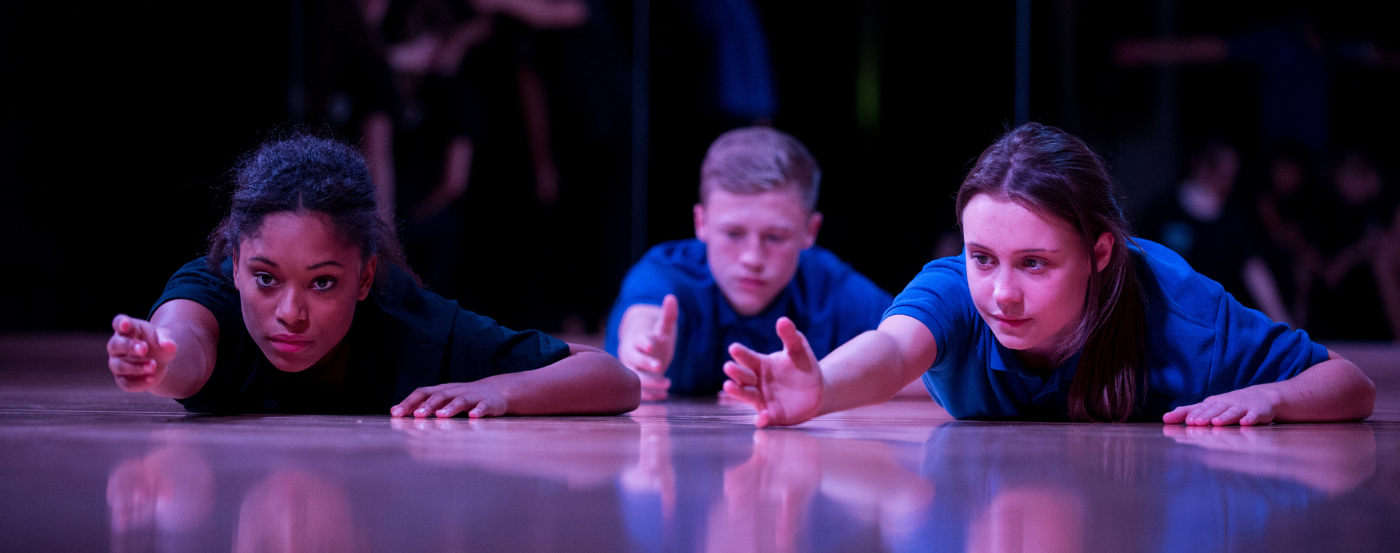
Case Study: Royal Opera House
BY: Alan Lynch
05 Sep 2018
The Royal Opera House is the home of three world-class performing companies and a contemporary opera and dance programme.
The Royal Opera House is passionate about inspiring people to choose careers in the arts sector, particularly in the backstage areas that they may not have previously considered. The Royal Opera House set up the “Creative Jobs Programme”, an initiative creating 40 six month part time paid internships for young people aged 18-24 at arts organisations. All young people were recruited from London job centres and had been unemployed for an average of seven months. For more information see this Arts Council video [link to http://vimeo.com/56621889].
A variety of internships were created including positions in arts administration, festival production, education, and stage management. The focus of the programme was to equip local young people with the skills and experience needed to start a career in the creative and cultural industries, alongside the internships support was offered though master classes, mentoring and careers advice and all participants were given the chance to run their own arts project.
Gold Arts Award was offered to all participants to do alongside their internship and eight young people took up the opportunity. Arts Award was coordinated by the Royal Opera House across all the organisations involved with the advisers based in Covent Garden but holding regular one to one meetings at the workplaces of those completing the award and meeting with the whole group at least once a month.
Approach
For Unit 1 A participants were encouraged to try and link their arts challenge to the work they were carrying out in their internships. One young man based in the multimedia department at Sadler’s Wells set himself a challenge to improve his animating skills, whilst another participant working in the communications team at A New Direction focused on developing her writing style for social media. However, most participants focused on arts practice they were already involved in outside of work, such as playing in a band or photography projects. Linking the arts challenge with their work placements was sometimes a challenge, to overcome this the advisers encouraged participants to think more laterally about their definitions of art and look at where practices that might initially seem very different on the surface could actually influence each other to create something completely original.
Participants were all able to gather evidence for the rest of Unit 1 from activity already taking place within the creative jobs programme for example:
- Unit 1 B (wider arts sector) – their internship provided an excellent development opportunity within the arts sector alongside various activities in the programme such as master class sessions.
- Unit 1 C (advanced practitioners) – the group met many practitioners to learn from during their internships as well as working with a professional mentor on career plans and attending exhibitions and shows as part of the programme which they reviewed for their portfolios.
- Unit 1 D (for a view) – here participants formed opinions on key issues within their areas of work with people debating the effects of music piracy on the recording industry, the representations of minorities in the fashion world and how copyright law can negatively impact creativity.
For Unit 2 (arts leadership project) the group brainstormed the types of projects they wanted to run, the skills they had within the group, the resources they had within their networks and the artists they wanted to showcase. They worked together to create a number of projects as a group with each person taking the Gold Arts Award leading on a distinct area of work they were best suited to such as organising events, designing marketing materials or video editing. The project outcomes included an art exhibition in St. Martin-in-the-Fields in Trafalgar Square and video about the legacy of London 2012.
Some participants gathered evidence into portfolios and notebooks but most used online blogs as they could easily link in photos and videos they had taken at master classes and training sessions.
Impact
The arts leadership project was the most relevant and impactful piece of work for the group. It was a tangible piece of work that allowed them to develop real, transferable skills. The whole group now has a section on their CVs about how they created, managed and led an independent arts project they immediately recognised how valuable this would prove to be at future job interviews.
Arts Award grew the interns’ confidence; it forced them to go out and meet with staff from other arts organisations, building their network, and helping them to engage with the wider sector. It also helped to contextualise their work - supporting them to reflect on where what they were doing fitted in with their own organisation and the sector as a whole.
Arts Award helped participating organisations offer a better structured and more creative internship. The Gold award helped managers discover new or hidden talents in their interns that were brought to the surface through their leadership projects. This often led to a more mutually beneficial internship with the employer seeing this potential and setting more challenging tasks with greater responsibility, with the intern gaining a more rewarding experience.
23 organisations took part in the programme, those hosting Arts Award participants included English National Opera and Theatre Royal Stratford East. Participants got to benefit from the experience and skills of all organisations involved in the programme through careers mentoring; free tickets to shows and the organisations allowed them access to spaces and resources that would help them complete their arts leadership projects.
‘The highlight of being an adviser has been when the Arts Award has ‘clicked’ with our young people, and they really understand the benefit behind the different aspects of the award. The reward comes from being able to communicate Arts Awards to young people as a fun and manageable thing to undertake... I don’t think I had initially realised how full-on it was going to be, but it has been a really rewarding experience. To be able to help young people grow their confidence and skills, which will help them in the future, is amazing.’ - Anne Dowdell, Adviser
Related posts
BY: Guest Writer
BY: Toby Davies

%20-%20James-Bellorini-Photography-54.jpg)


Comments & Replies